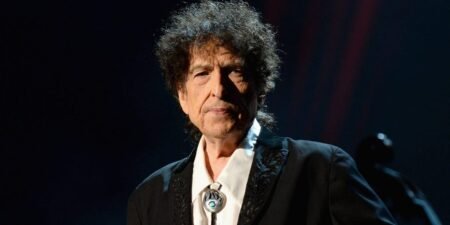- Russia plans to increase its troops along its border with NATO, Lithuania’s prime minister said.
- Ingrida Šimonytė said Russia is returning to a Cold War posture and Europe needs to be prepared.
- Estonia also warned that Russia may double its troops along NATO’s border compared to 2022 figures
Russia is returning to its Cold War posture and is preparing to seriously grow the number of troops that it has along its shared borders with NATO, Lithuania’s prime minister warned.
Ingrida Šimonytė told Business Insider in an interview that the rebuilding of Russia’s military capacities on its borders with NATO member states means that it is “returning to the Cold War sort of posture.”
Her comments came after Estonia’s foreign intelligence service warned last month that Russia plans to double the number of troops it has along its borders with Lithuania, Estonia, Latvia, and Finland.
That report said that Russia could double the number of troops on those borders compared to 2022, the year it launched its full-scale invasion of Ukraine, when it had 19,000.
Šimonytė said that Russia hadn’t made this move yet but “the intention is very clear.”
She also said Russia “needs time to find people for this and also rebuild the tanks and the heavy armor and everything that should be stationed along with the troops.”
Russia’s military has suffered significant losses in Ukraine.
Even so, Šimonytė said that Europe needs to prepare, and if Ukraine loses major ground to Russia then Europe will need to act quickly.
Lithuania, which borders the Russian enclave of Kaliningrad, was once part of the Soviet Union but is now a member of the EU and NATO. It’s been one of the most vocal in urging support for Ukraine.
Russia’s border with NATO has more than doubled since Finland joined in April 2023. Finland cited Russia’s invasion of Ukraine as its reason for joining the military alliance.
Lithuania and its neighbors have been busy improving their border defenses, including with bunkers.
Šimonytė said that such a move was important to deter Russia and defend against any attacks.
Russian President Vladimir Putin has escalated his rhetoric against the Baltic states, setting the stage for potential “future escalations,” US think tank the Institute for the Study of War said in January.
It said that Putin may be laying the groundwork for “future aggressive” actions under the pretext of protecting its “compatriots.”
As Business Insider previously reported, this is the kind of language Putin used before he launched his full-scale invasion of Ukraine.
Šimonytė also said that European countries are now investing in defense in ways that would have been “unimaginable” before Russia’s invasion, but that they still need to do more both to help Ukraine and boost their own arsenals.
She said that “the outcome of this fight in Ukraine is crucial for Europe.”
Read the full article here

















